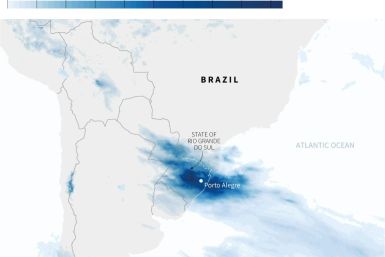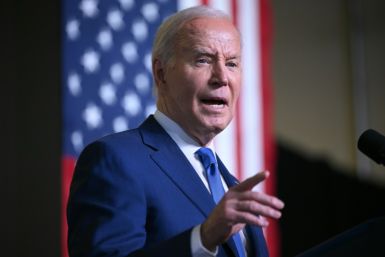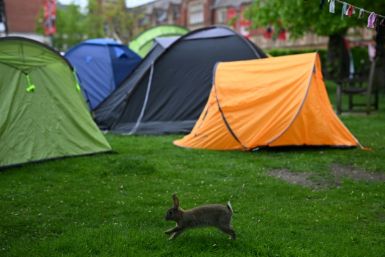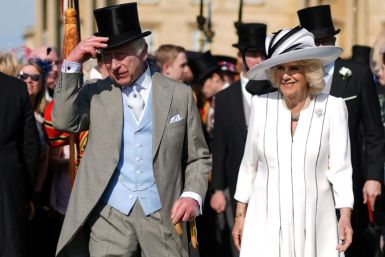UK to expand military foot print in Asia Pacific; More British personnel to attend Malaysian war games in 2016
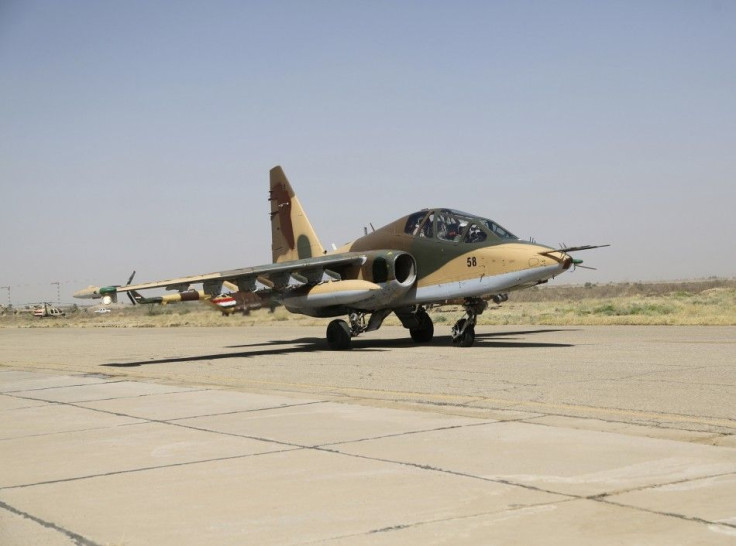
The UK is envisioning a larger involvement in Far East and Asia Pacific with an extended military imprint. It is reportedly planning to expand presence in various training exercises in the region, as a major step towards re-asserting Britain’s global strategic footprint.
Prime Minister David Cameron’s recent tour of South East Asia for strengthening commercial ties with the region’s states has been a significant step in that direction. Mr Cameron is keen on rebuilding Britain’s erstwhile military presence "east of Suez." His attempt is to partially reverse the decline of British power by raising the number of personnel, attending drills on land, air and sea in the region.
Run by the "Five Powers," a defence alliance comprising Britain, Australia, New Zealand, Malaysia and Singapore, the military drills will now see more British personnel participating in the war games. In the short term, the number will increase from around 100 in 2015 to 200 by 2021. Though the number of troops involved still looks modest, it marks a significant shift in Britain’s military strategy, reports The Telegraph.
Bersama Lima Exercise
It is understood that Britain may commit Royal Marines, Royal Navy divers and Typhoon fighter planes for the exercise Bersama Lima, which will be a series of war games in Malaysia, to be held in 2016. The Five Powers alliance was formed in 1971 to support Singapore and Malaysia against any communist country’s threat as Britain started ending its colonial role in the region. “This is us looking back East of Suez, thinking about where future threats and different challenges may appear in the world,” an official said. Already the so-called “pivot to Asia” led by the US is active in the region.
Military Satellites
Besides adding more military personnel in exercises, the UK has already begun the exercise of relocating its high-tech Skynet security satellites over Asia. The Skynet 5A systems are meant to provide secure communications for Britain’s regional allies. It is being operated by Airbus Defence and Space for the UK Ministry of Defence. The agency has announced that the planned 67,000-kilometer move is progressing well. The satellites will also provide security watch for another alliance, namely 'Five Eyes' comprising the UK, USA, Australia, New Zealand and Canada.
Colin Paynter, head of Airbus Space and Defence said: “The Skynet 5 constellation consists of world’s most powerful, nuclear hardened and protected, military X-band and UHF satellites. With the move of Skynet 5A, we will expand the availability of our premium secure MILSATCOM services to allied nations needing high grade resilient and secure communications services to complement their existing systems.”
Mutual benefits
The concept of East of Suez’ is also a generational policy shift that started in the 1960s, when the UK began withdrawing tens of thousands of troops from the Asia Pacific region, including the winding down of the naval fortress of Singapore. The retreat of UK as a military power had its finale in 1997 with the handover of Hong Kong to China.
Observers say that one of the significant UK military contributions in the region has been the Defence Attaché network. That protocol provides the UK, the opportunity to station military personnel in the region to address military issues faced by any country and obtain a better feel of strategic developments in the region. More over, Defence Attachés play an invaluable role in tackling emergency situations.
(For feedback/comments, contact the writer at feedback@ibtimes.com.au)



